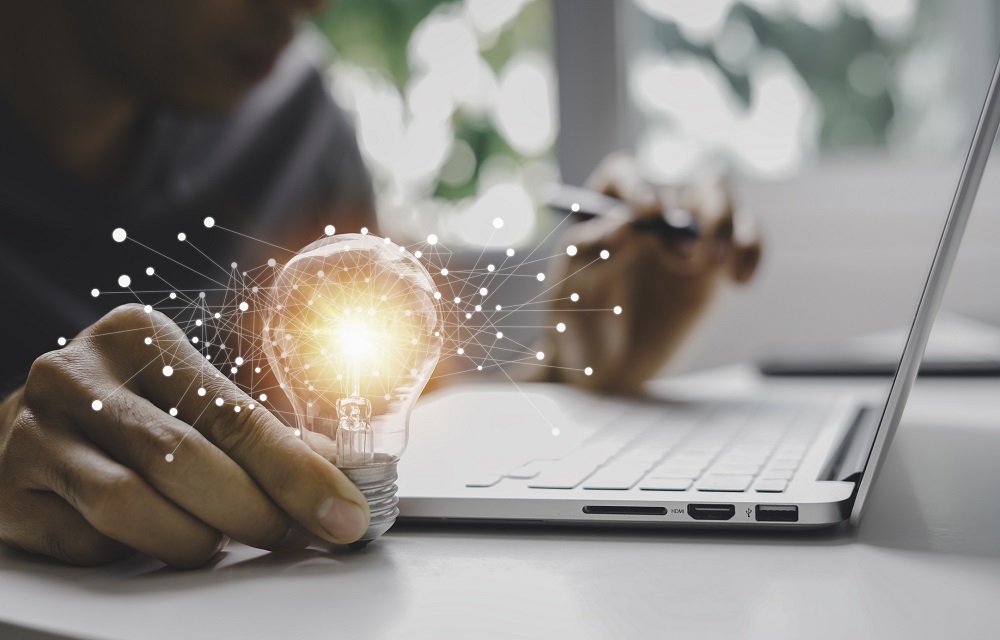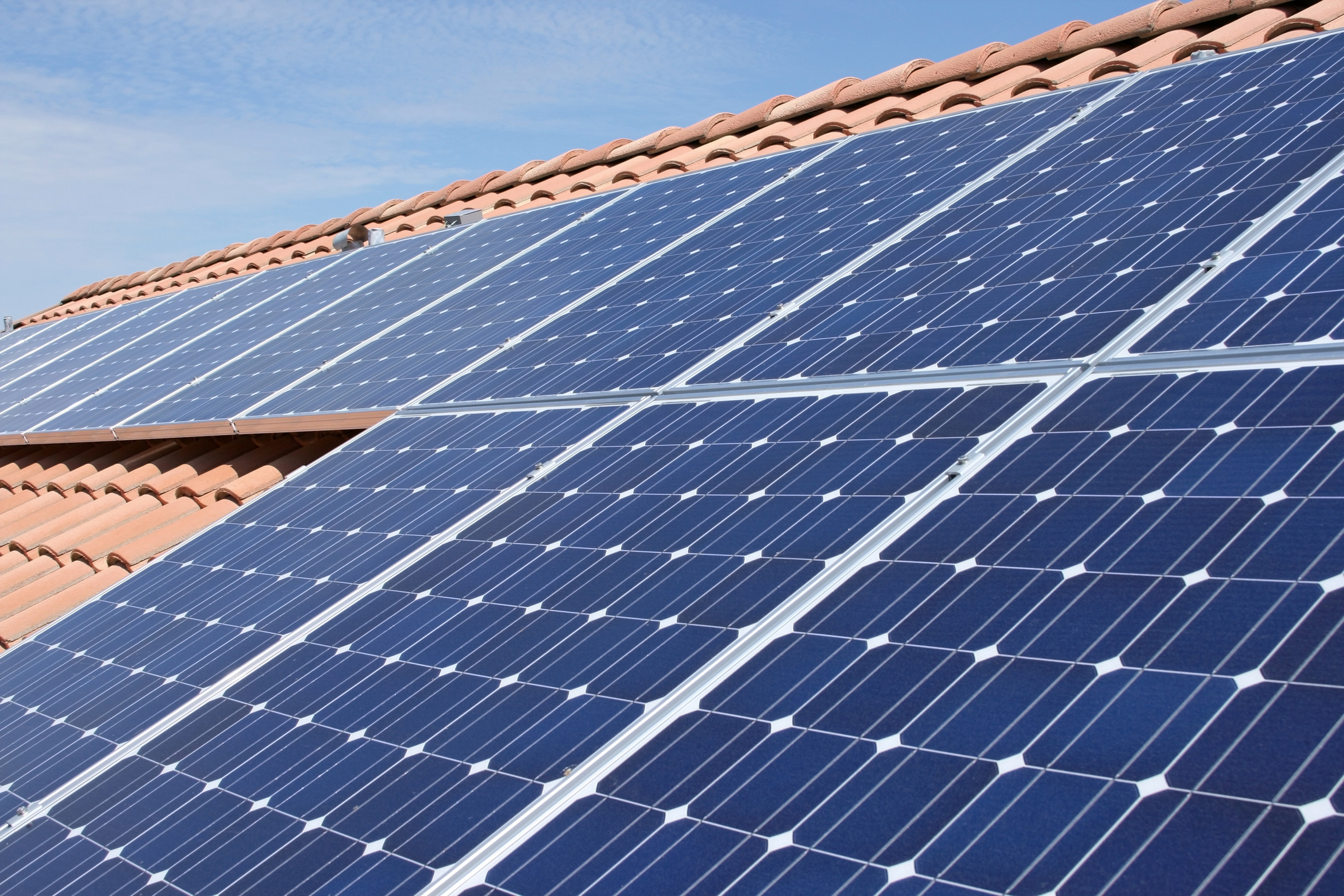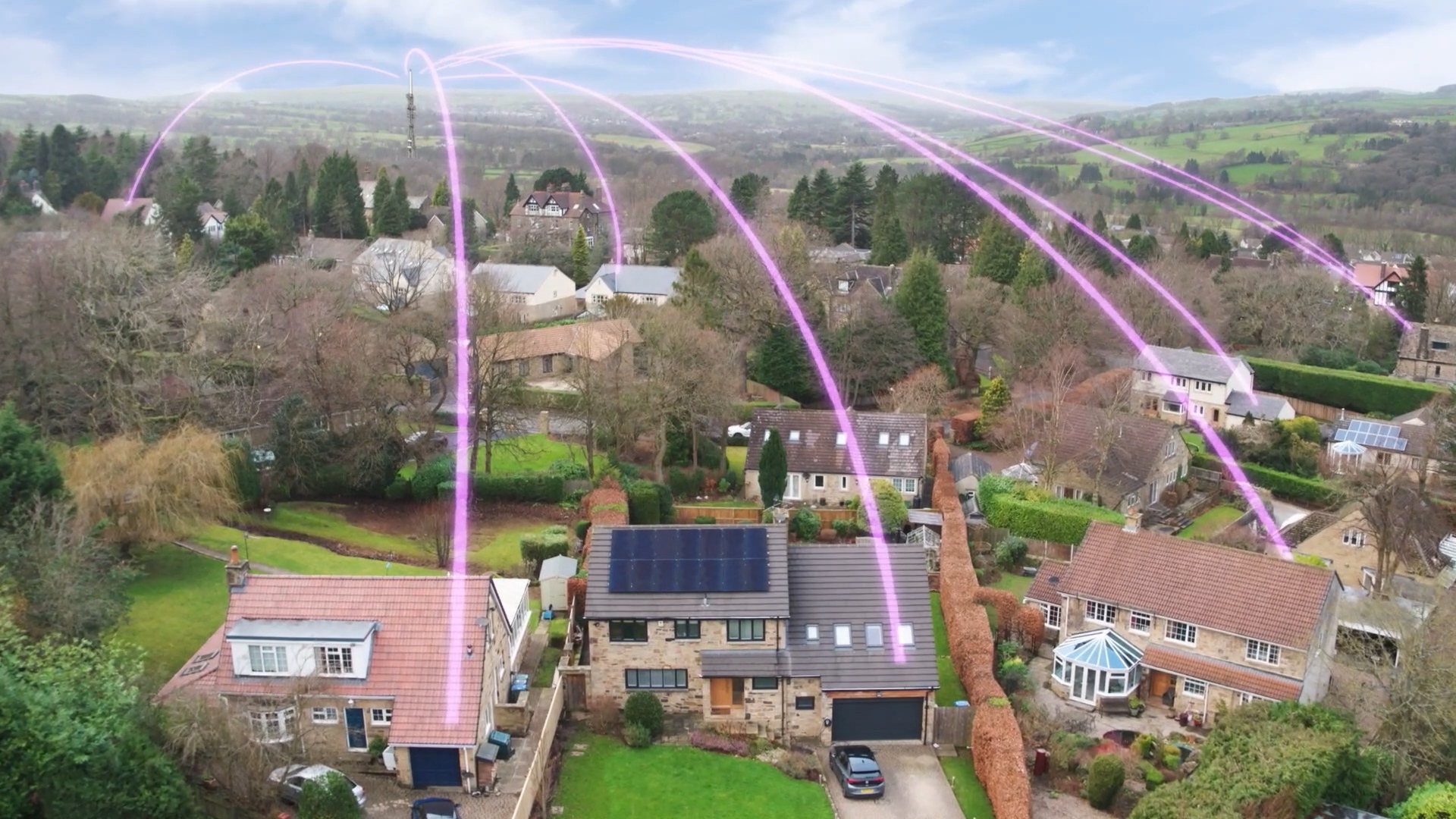A smarter energy system will bring benefits to people, businesses, and wider society. But this can’t happen at the flick of a switch.
It’s a gradual evolution that must move alongside the ebbing and flowing tide of technological advancement. Coming with it, smart IoT is one of the component building blocks which will help transform our country’s energy system into ‘the Internet of Energy’.
But this transformation can’t be realised by one entity acting alone. In this spirit of collaboration, DCC has a strategic partnership with Vodafone, bringing 4G connectivity to Britain’s smart meter network - and last year it was named ‘IoT Alliance of the Year’.
Vodafone’s network forms a part of the DCC's Smart Meter Wide Area Network – connecting the DCC’s servers and their upcoming LTE Communication Hubs with long-range wireless communications. It acts like a Wi-Fi router, connecting gas and electricity smart meters to the grid and suppliers.
As the country’s shift to net zero increases in importance, it is through this partnership that we can bring smart IoT to life.
In this blog post, I’m going to explore what this means for our energy system.
What is ‘smart IoT’?
Smart IoT represents an ongoing evolution of the Internet of Things, and at DCC we are using smart IoT to accelerate the required innovation needed to digitise Great Britain’s energy system.
Ultimately, the smart meter network will become a policy delivery platform as well as delivering wider benefits for consumers.
So, for example, a smart network enables someone to choose when to charge appliances when costs are lower because grid demand has dropped. It gives people greater control over significant demands on their electricity supply, such as plugging in electric vehicles or switching on the washing machine, helping them manage energy use more effectively, as well as informing decisions to save money.
To deliver this, we believe truly smart IoT is:
- S - Secure – protected from malicious actors – especially given there are more than 32 million smart meters now on the network.
- M - Managed – we ensure we meet the service requirements of the energy industry.
- A - Accountable – as custodians of smart metering, DCC is accountable for availability, security, and cost.
- R - Reach – every home in Britain that wants a smart meter can get one – including those beyond cellular IoT coverage.
- T - Technology-led – I am biased as the CTO of the DCC, but we are a tech-led organisation. We work with the rest of the industry to define the roadmap which provides secure connectivity to every home in the country.
By successfully working with Vodafone to pilot our new Strategic Supplier Management approach, we are unlocking the true potential of IoT interoperability and smart metering.
What sets DCC’s approach apart from other IoT technology is that we are thinking for the long term. The LTE or 'Long Term Evolution' of the 3G PPP standard helps us set a technology roadmap to maximise the UK consumer investment in smart metering.
For us, a key consideration is that many remote IoT devices are disposable or replaceable. Because a smart meter is effectively a secure endpoint in every home, the swap cost is orders of magnitude higher compared to other IoT applications.
So, for the benefits of the technology to reach every home, our devices need to be built to last. They run with a 15-year lifespan and are assured by UK government NCSC security standards.
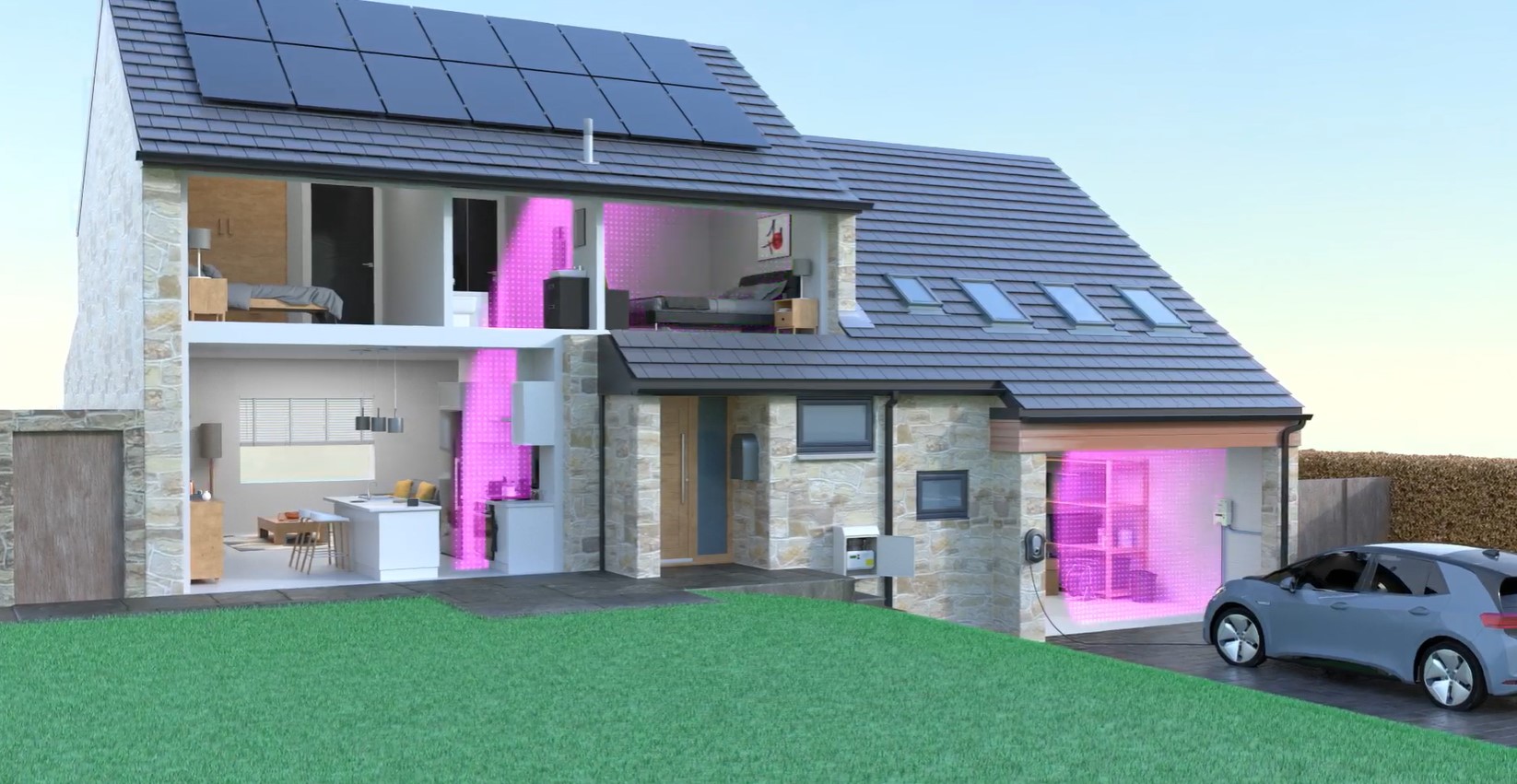
How does evolving energy infrastructure benefit everyday consumers?
At DCC we are modernising our services to ensure our whole offering returns value to consumers. That includes enabling everything from flexible tariffs, and energy management of smart home devices and white goods, all while cloud technology powers the infrastructure we use at an individual level.
The DCC can be thought of as the ‘energy cloud’ – the platform that will connect consumers to a truly digitised energy system – what we call the Internet of Energy.
The complexities of our energy system cannot be understated – but by taking a long-term view of technology, greater connectivity and interoperability within this network will benefit us all.
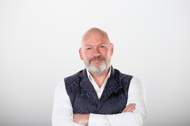
Mike Hewitt
Chief Technology Officer
Up next




